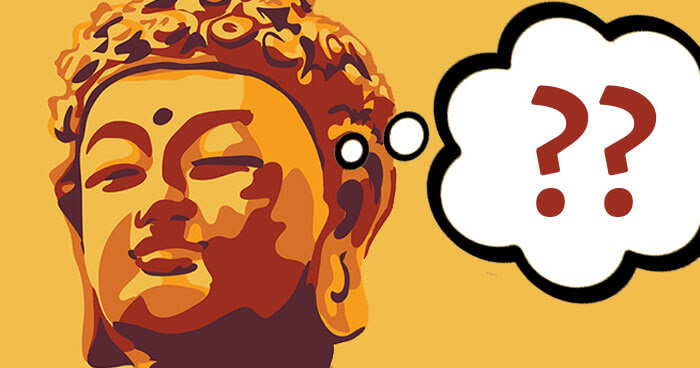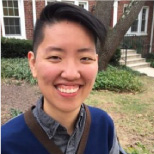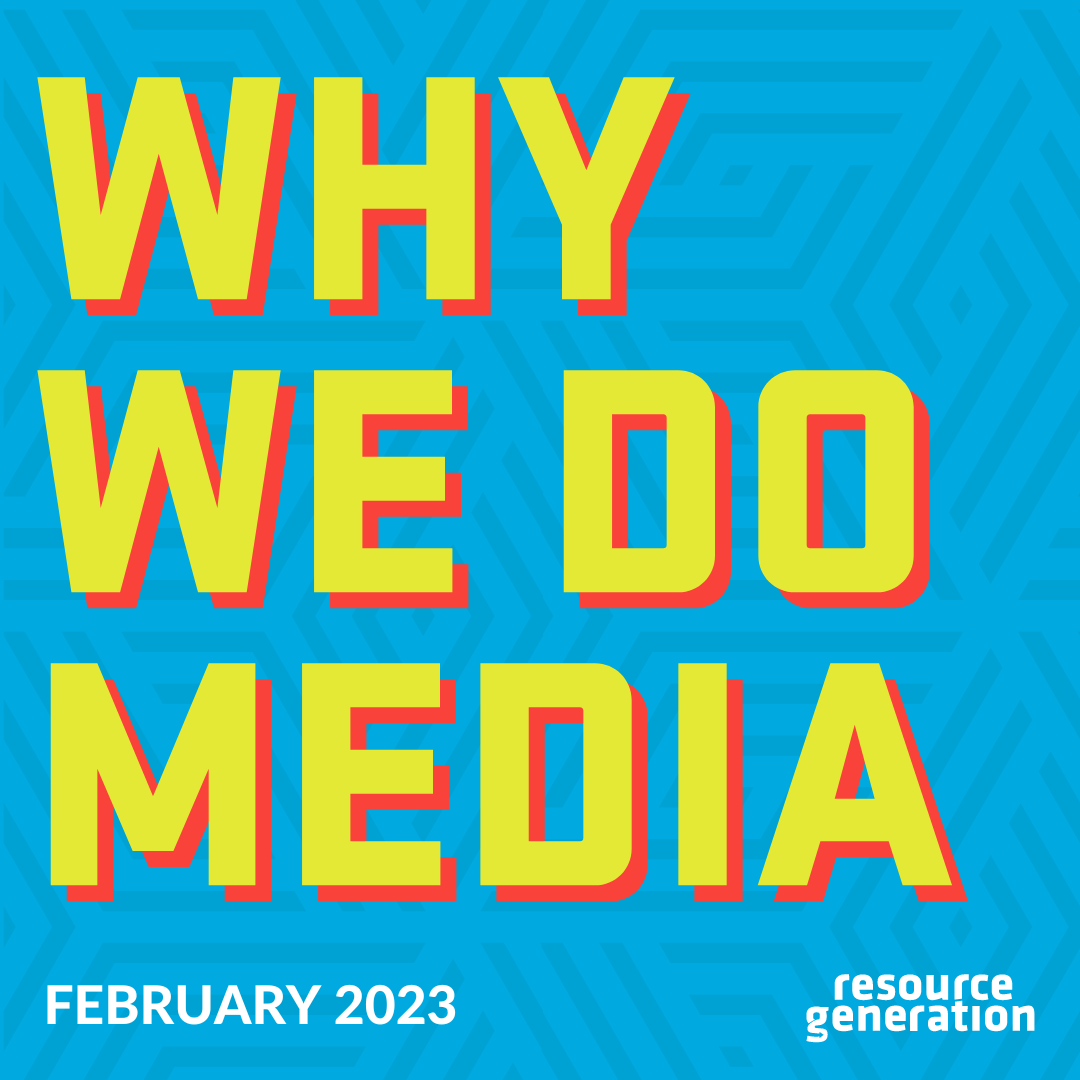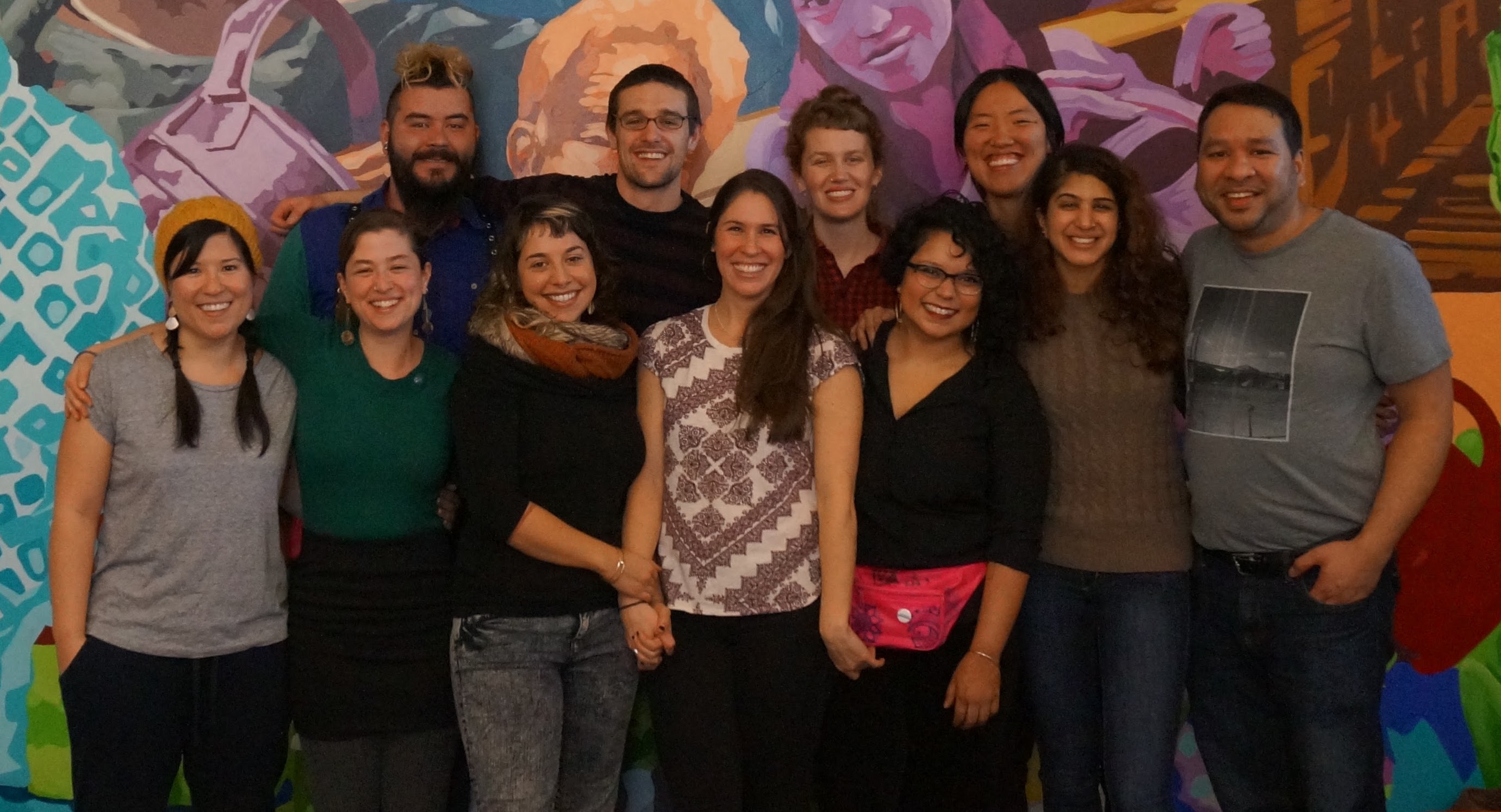I just returned from a five-night silent meditation retreat at the stunning Vallecitos Retreat Center in northern New Mexico. I’ve been a practicing Buddhist for about seven years now and regularly attend silent meditation retreats to reground, center in my practice, and create dedicated space in my life for spiritual training and nourishment.
The retreat reaffirmed for me that the work of organizing young people with wealth for social justice is spiritual work and an extension of my spiritual practice. I don’t know any truer way to describe the work of reconnecting wealthy people with collective humanity and repairing the harm caused by wealth accumulation as anything but spiritual work.
So I want to bridge these worlds of mine and share some of the spiritual teachings I’ve learned and how they’re connected to our organizing. In the Vipassana/insight meditation tradition of the retreat I attended, there is a core teaching on the Five Hindrances [1], which can be understood as the major forces in the mind that hinder our ability to see clearly [2]. As I was listening to the teachings on the Five Hindrances I was struck by how much they resonate in my daily work, and how they hinder our ability to see our privilege as young people with wealth clearly. Seeing our privilege clearly is the first step in transforming it, so in the service of our work, I offer to you the Five Hindrances: RG Edition.
1 — Desire or Greed: Grasping, clinging. We have received so many messages about how money = safety and security, and so have a lot of training around holding onto it. We also receive strong cultural messages that being “successful” means having more and more, and to constantly be comparing “up” so that we feel that things are scarce even when they aren’t.
- Remedies:
- Mindful awareness: Mindfulness (noticing the hindrance exists) is a key remedy for all of the hindrances. When I notice greed arising I try to locate it in my body and pay attention to the physical sensations of craving, instead of getting caught in my stories around it. It arises and passes away and isn’t permanent, and I don’t have to act from a place of greed.
- Consider the consequences of getting what we want: does fulfilling this want harm myself or others? If all wealthy people continue to pursue their individual desires, unchecked, what kind of world will we create?
2 — Aversion and Ill Will: Resistance. Do not want. Pushing away of things that are uncomfortable or difficult. I notice aversion arising in me when I deny or minimize feedback I’ve received about acting out class privilege, or delay or avoid what I perceive will be challenging conversations. Sometimes I experience aversion around money, feeling impulsive about wanting to give large amounts away without thoughtfulness, consultation, or planning as a way to alleviate the guilt and shame I have around having it.
- Remedies:
- Change the focus: the meditation instruction for dealing with aversion and ill will is to change where one focuses attention. As one of my teachers once said, “we don’t have to keep poking at the canker sore – we have a whole body.”
- Practice lovingkindedness: going into a shame spiral will shut me down and prevent me from taking action faster than almost anything else. When I find myself on the path of holding aversion or ill will to myself with thoughts of “I’m not good enough” or “This is all my fault”, I’ve found the best intervention is the practice of self-compassion and sending wishes of good will to myself, which then puts me in a grounded place to practice accountability and healing.
3 — Sloth and Torpor: Disengagement, hesitation, complacency, not taking action. This is the hindrance that is alive and well when I find myself dragging my feet on action – being a month behind on a pledge or taking forever to finally close out that darn Wells Fargo account. As someone with class privilege, it’s pretty easy to fall into sloth and torpor since there are no urgent material realities in my life compelling me to act differently.
- Remedies:
- Commit to a goal: setting a goal helps focus attention and create urgency.
- As the Insight Meditation Center instructs, “to arouse energy, do more!” Sloth and boredom are often a subtle manifestation of resistance/craving – wanting a different, more exciting experience. As people with wealth and class privilege we are used to having the freedom to chase what is most exciting and new, and we can check out of things that no longer interest us. When I find myself drifting or slowing down I take at least one small step towards my goal to reengage.
4 — Restlessness and Anxiety: worry, planning, self-judgement, regret of the past. One of my teachers calls anxiety, “pre-suffering”, as in, we’re so caught up in worrying about how badly an experience might go that we’ve already suffered through it ahead of time. As someone with higher education privilege, I’ve been trained to plan (and worry!) and have a lot of anxiety about uncertainty. One way I’ve seen this manifest in particular for RGers is perfectionism – if we can just come up with the “perfect” plan then we can prevent any mistakes or regret! (unfortunately this never goes to plan…ha ha.)
- Remedies:
- Practice being still: when I’m in my restless anxiety whirl, that’s when I most need to pause, breathe, notice the present moment, and return to my body.
- Let go of perfection: no amount of “pre-suffering” can prepare us for the actual experience itself, or prevent mistakes. As people with privilege there will always be things we are ignorant about and we will inevitably cause harm – our work and practice is to own those mistakes and keep engaging.
5 — Doubt: Can I do this? Am I doing this right? Is this making a difference? Doubt is one of the most insidious and dangerous hindrances because it can lead to people giving up the practice/work of transformation altogether. As people with privilege we can often experience doubt about whether or not we belong in social movements at all, or doubt that we can ever participate in an authentic, helpful way.
- Remedies:
- Do this with others: learning from others, seeing the ways they have changed, and being inspired by their actions helps quiet doubt and builds confidence that transformation is possible.
- Try something and see for yourself: doubt creates indecision and keeps us unwilling to apply ourselves. I remember my own skepticism and doubt when I first heard about RG, but I also knew that the only way to see if RG was the “real deal” was to try it out. I filled out the “get involved” form, did my one-to-one, and the rest is history.
As taught by the Insight Meditation Center, “The Five Hindrances are universal, we all experience them. It’s important to have a friendly relationship with the hindrances, not an adversarial one.” If we can hold lightness and friendliness towards our resistance and blocks, we can recognize them more quickly, take steps to address them, and keep returning to the joy and connection that transformation brings.
—
[1] Thanks to Insight Meditation Center’s article on the Five Hindrances for summarizing these teachings and providing much of the inspiration and framing of this piece.
[2] “Seeing clearly” in this case is meant as a metaphor of perceiving the truth and experiencing insight, which does not depend on having the physical ability of sight.
--
Resource Generation (RG) is the only organization in the U.S. organizing young people with access to wealth toward the equitable distribution of wealth, land, and power.
As a result of becoming a member of Resource Generation, our members end up giving away 16-times more money to economic and racial justice organizations than they did before. Learn more and support our work by becoming a member here. If you need help figuring out your class background, check out our definition of wealth and/or fill out this intake form to have one our national organizers get in touch with you.





This post really resonated with me as a newbie Buddhist practitioner. Thanks Iimay!
I love this. Thank you so much!
yes, this Five Hindrances, RG Edition is spot on and profound. I appreciate the Hindrances to acknowledge what is close to us and very uncomfortable. Then, i wonder about the noblefold eight path, as I was reading about a few days ago: right speech, right conduct, right livelihood, right mindfulness, right effort, and right concentration.
What is the noble path in terms of redistribution of resources? How can I be right effort with current social movements?
Lastly, is “a friendly relationship” the same as “friendship”?